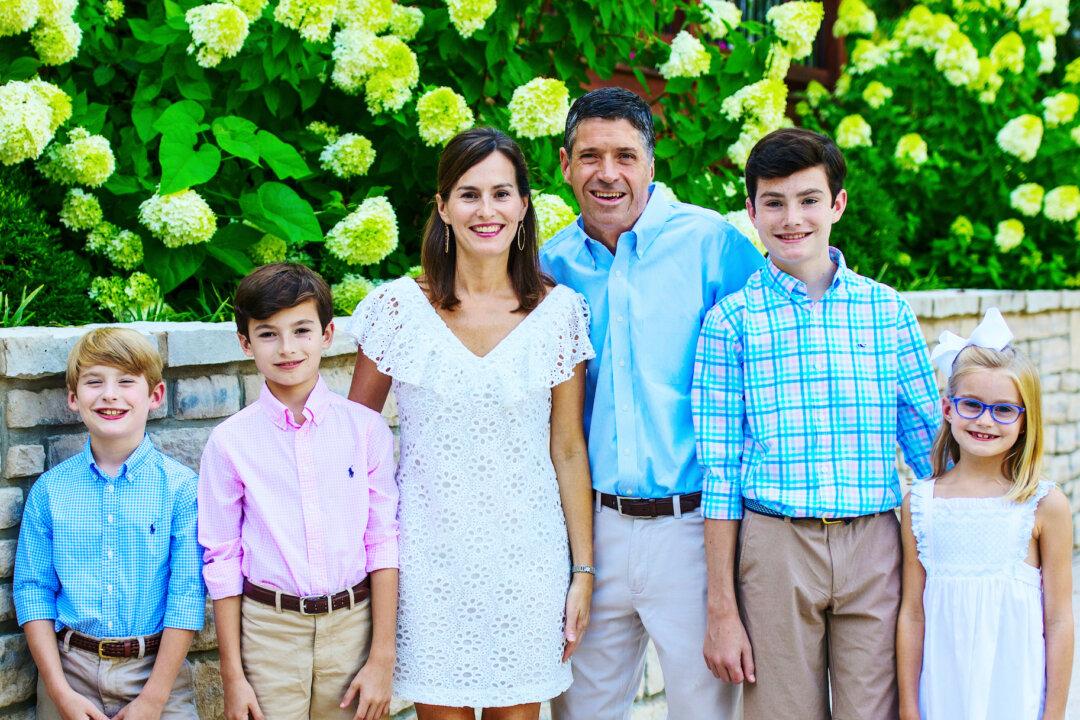John O'Leary has an inspired view of life, and it’s something he realizes we need now more than ever.
“Just simply said, your mother and your father coming together at the exact moment that allows [you or me] to be in the room, what is the likelihood? Because I think we take our lives for granted, but the biological likelihood is less than one in 400 trillion,” said O'Leary, a husband and father of four.






